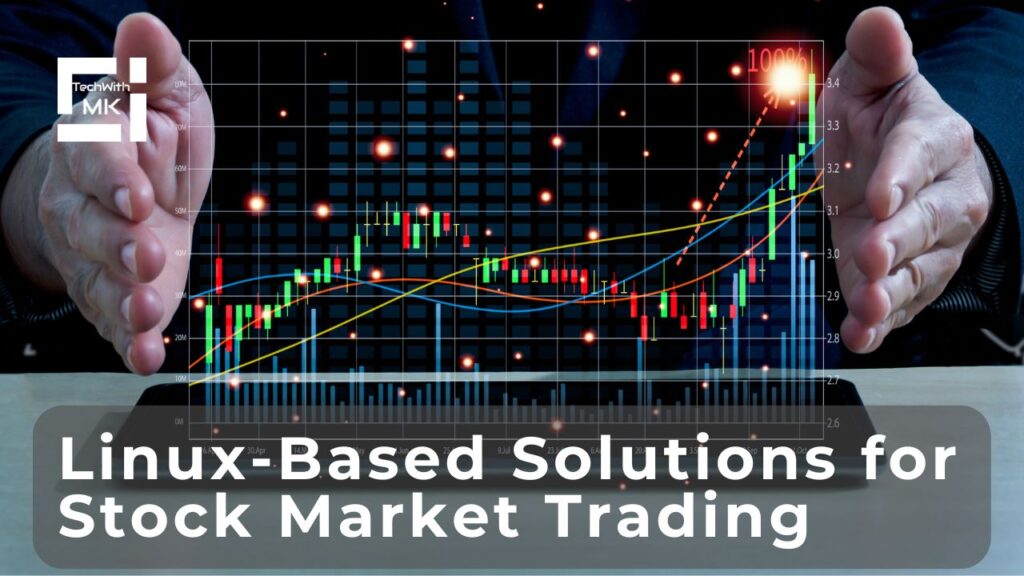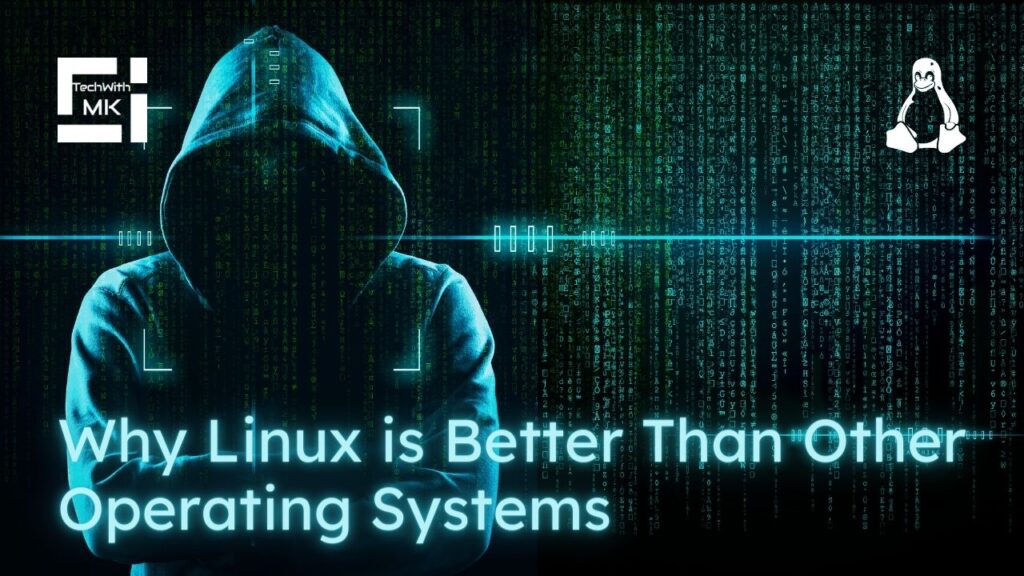Efficient stock market trading requires robust technology and tools to handle the complexities of financial data analysis and execution. Linux, an open-source operating system, has emerged as a powerful solution in the financial industry, providing many benefits for traders and investors. This blog post will explore how Linux-based solutions can enhance stock market trading by providing stability, scalability, and performance optimization. From trading platforms and data analysis to algorithmic trading and risk management, we’ll explore how Linux empowers traders to make informed decisions and maximize their trading strategies.
Table of Contents
Understanding Linux for Stock Market Trading
Linux offers significant advantages in the financial sector, making it an attractive option for stock market trading. Its open-source nature allows for customization and flexibility, while the active community ensures continuous improvement and support. The stability, security, and reliability of Linux are critical to critical business operations, as it provides uninterrupted performance and protects sensitive financial data against threats.
The scalability and performance optimization capabilities of Linux make it suitable for handling large amounts of data associated with stock market trading. With Linux, traders can build robust and efficient systems that adapt to market demands, enhancing their trading experience and giving them a competitive edge in the fast-paced world of stock market trading.
Linux-Based Trading Platforms and Tools
The Linux-based trading platform and tools provide traders with robust solutions for stock market analysis and execution. Popular platforms like MetaTrader and Interactive Brokers TWS provide various features and access to different financial markets. By taking advantage of Linux as an operating system, traders benefit from its stability, reliability, and efficient resource management, ensuring uninterrupted and high-performance trading operations.
Linux’s customization options allow traders to tailor their trading environment to their needs. Linux-specific tools such as R, Python, and related libraries enable advanced data analysis, algorithmic trading, and automation. The combination of Linux and these tools empower traders with the flexibility, speed, and security needed to make informed trading decisions and stay ahead in the competitive stock market.
Optimizing Stock Market Data Analysis with Linux
Linux serves as an invaluable platform for customizing stock market data analysis. Traders can easily take advantage of the efficient data processing capabilities of Linux to handle large amounts of financial data, ensuring accurate and timely analysis. Linux’s compatibility with powerful tools such as pandas and matplotlib enables traders to effectively clean, manipulate and visualize data, thereby gaining valuable insight into stock market trends and patterns.
Linux-based data analysis platforms like Jupyter Notebooks provide a seamless environment for in-depth stock market research, combining code, visualizations, and explanatory text in a single, interactive document. With Linux, traders can enhance their data analysis capabilities, make data-driven decisions, and stay ahead in the fast-paced world of stock market trading.
High-Performance Computing and Linux for Algorithmic Trading
Linux provides the ideal base for high-performance computing in algorithmic trading. Linux’s customization options allow traders to tailor their systems to specific algorithmic trading strategies, ensuring maximum performance and efficiency. Linux clusters provide parallel processing capabilities, enabling traders to handle large amounts of data for backtesting and strategy evaluation.
Linux’s customization options enable traders to tailor their systems to algorithmic trading strategies, maximizing performance and efficiency. Furthermore, Linux clusters provide parallel processing capabilities, allowing traders to handle wider data sets for backtesting and fine-tuning their strategies.
Conclusion
Linux provides traders with a robust and reliable platform for efficient and secure trading operations in the stock market. With its stability, security features, scalability, and performance optimization capabilities, Linux empowers traders to analyze market data, execute trades and manage risk effectively. Customization options and a wide range of Linux-based tools and platforms enhance efficiency and performance. As the financial industry continues to evolve, Linux is set to play an integral role, assisting traders in their pursuit of success and providing a solid foundation for innovation and growth in the dynamic world of stock market trading.
FAQ
What is the advantage of using Linux in stock market trading?
Linux offers many benefits, including stability, security, scalability, and performance optimization. It provides a solid foundation for efficient trading operations and supports customization and flexibility in the trading system.
Can Linux handle large volumes of data in stock market analysis?
Yes, Linux is excellent at handling large amounts of data. Its scalability and efficient resource management capabilities make it suitable for processing and analyzing large amounts of financial data.
Are there any specific risks associated with using Linux in stock market trading?
While Linux is a robust and secure operating system, traders should still follow standard security practices, such as implementing a firewall, keeping software up to date, and protecting sensitive data. It is important to ensure the security and reliability of the entire trading infrastructure, including the underlying Linux system.
How can I get started with Linux for stock market trading?
To get started, you can choose a Linux distribution that best suits your needs, install it on your computer, and explore the available trading platforms and tools compatible with Linux. Online communities, tutorials, and documentation can provide valuable guidance for learning and using Linux in stock market trading.


